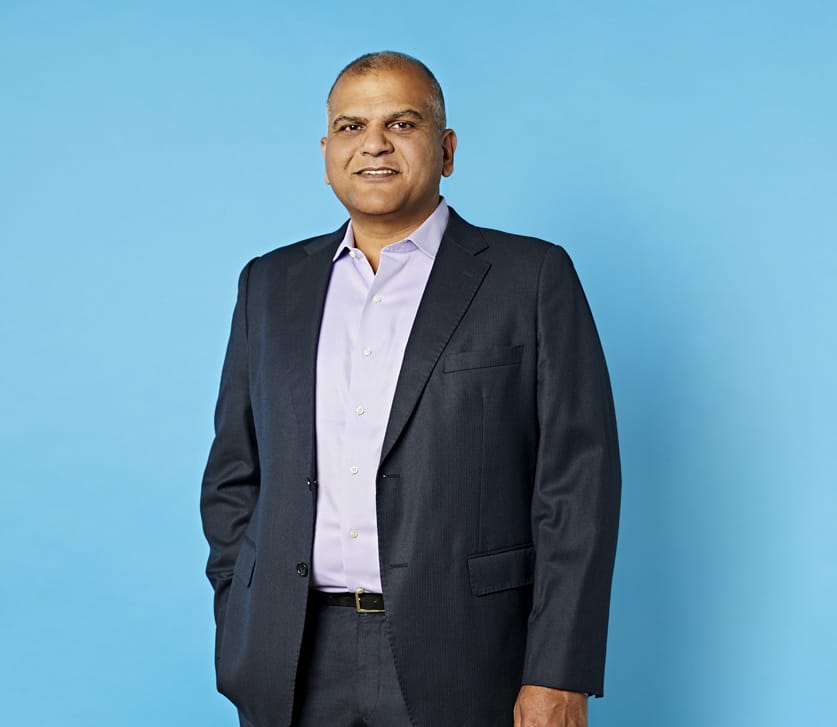Business school was always in the cards for me. In thinking about my career early on, I knew I wanted to work at the intersection of finance, technology, and entrepreneurship. Wharton played a pivotal role in making that goal a reality.
My first entrepreneurial experiences were selling PCs to pay for college and providing fax services to fund my master’s in electrical engineering. When I joined Bell Labs after graduation, I was fortunate to work with some of the world’s brightest technology researchers in a large, well-established organization.
One of my guiding principles is that complacency slows learning, and for that reason, I decided in 2000 to move into the startup world. It was at about that time that I began taking evening classes at Wharton but didn’t apply full-time. Instead, I joined Azanda Networks as its sixth employee, gaining critical experience in a venture-funded organization. After two years at Azanda, I began thinking again about business school. If not now, I thought, when?
A year later, I arrived at Wharton for my MBA, putting me firmly on the path toward my ideal career. Through my work, I had experienced finance’s influence on business, but I had yet to hold a finance role. When I talked with Wharton mentors and alumni, they all suggested I find a rigorous position for my summer internship, one that would teach me a lot quickly. My internship in New York in investment banking did just that and laid the groundwork for a post-MBA job at Goldman Sachs. The School’s Global Immersion Program also boosted my international perspective and solidified close friendships with classmates.
After some time at Goldman and other financial organizations, I finally felt ready to pursue a job that spoke to my three core interests. As the head of corporate development at Synaptics, I was building a business again. Notably, I led the company’s acquisition of Validity Sensors in 2013. That deal — in the works around the time Apple introduced fingerprint sensors for its iPhones — put the company in a position to supply many of the world’s smartphones with fingerprint-based identification.
Now, as CFO at PDF Solutions in Silicon Valley, I’m expanding both the company and my personal portfolio as a leader. While I had been focused primarily on inorganic growth with Synaptics, I have my hands in both inorganic and organic initiatives at PDF Solutions — from core business growth to financial reporting to capital injections and acquisitions. I’ve picked up countless skills throughout my career, but I’m still learning something new every day here — it’s a mind-set of lifelong education I’ve always believed in, made all the richer by my Wharton experience.
Published as “Essential Piece of the Puzzle” in the Fall/Winter 2021 issue of Wharton Magazine.

























